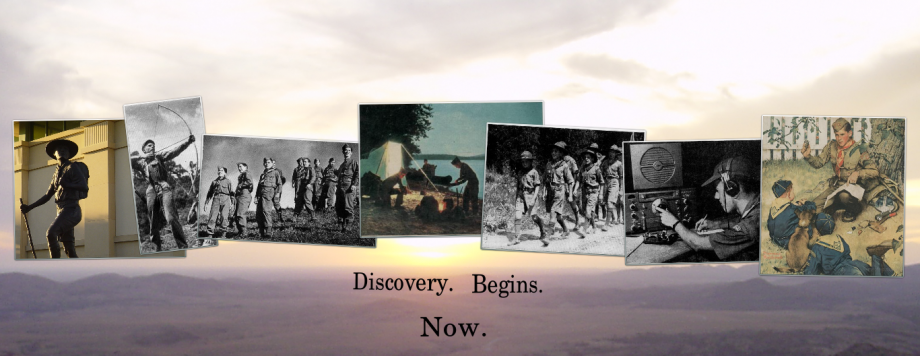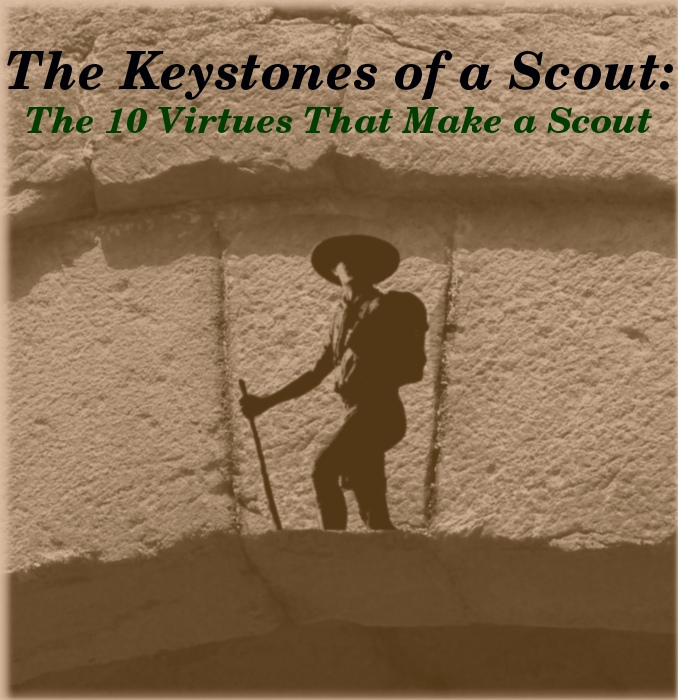Today, Tuesday the 31st of July, the power grids in India failed, leaving 670 million, half of the country’s population, without power. This includes transportation and hospitals. (source: Reuters) Now, India isn’t known for being the most technologically sophisticated country in the world, but it’s been no secret that for some time now the United States’ infrastructure is showing a few gray hairs. It may not take out half the country, but I don’t think it is a stretch to say that sometime in the future there is a good chance that you will be caught in a bad blackout.
It could last hours, or days. If this were to happen, we would be deprived of so many things that have become part of our life: running water, refrigerators, ovens, microwaves, TV’s, electric lights, computers, Internet. Even if you can make that battery on your cell phone last as long as possible, it won’t do you much good if the cell towers are rendered nonoperational.
I hope that the extent of what you are able to do isn’t just to hunker down and wait for someone to rescue you. Rescue might come, but then again…
Wait a minutes! Who is used to going days in the wilderness without modern conveniences? Who has gone through drills and training and is ready to administer first aid at a moment’s notice? Who has grown accustomed to lending a helping hand to the community? Who has gone the extra mile and taken risks to make sure he is prepared to tackle any emergency?
If you are a Scout, then your answer should be yes to these questions. The very motto of Scouting is to “Be Prepared!” That is why we go through the drills and the lessons. That is why we make it hard to earn ranks and to be a Boy Scout! It is only by training hard that we are prepared to face disaster. Baden-Powell, the founder of Scouting, said this:
I deplore the modern tendency to place “Safety first,” before all else. A certain amount of risk is necessary to life, a certain amount of practice in taking risks is necessary to the prolongation of life. Scouts have to be prepared to encounter difficulties and dangers in
life. We do not, therefore, want to make their training too soft.
It is certain that Scouts are not fool-hearty, but we must take some risks in order to Be Prepared. Who ever said hiking out in the wilderness or climbing a mountain was ‘safe’? It isn’t, but as Scouts we are armed and prepared with the knowledge and skill to handle any situation that arises. Let me leave you with this thought from Baden-Powell:
Remember your motto, BE PREPARED. Be prepared for accidents by learning beforehand what you ought to do in the different kinds that are likely to occur. Be prepared to do that thing the moment the accident does occur. I will explain to you what ought to be done in the different kinds of accidents, and you must practice them as far as possible. But the great thing for you Scouts to bear in mind is that wherever you are, and whatever you are doing, you should think to yourself, “What accident might occur here?” and, “What is my duty if it occurs?”
You are then prepared to act.
And when an accident does occur remember always that as a Scout it is your business to be the first man to go to the rescue. Don’t let an outsider be ahead of you.





 Today I’m going to start a new series here on “Scouting Rediscovered” that will run in parallel to the other series that I’m currently writing. Over a year ago, I borrowed a book from my local library called: Baden-Powell: The Two Lives of a Hero. This book is a biography of the founder of the Scouting movement: Sir Robert Baden-Powell. Although somewhat long, I thoroughly enjoyed reading it and gaining insight into the life of this man who us Scouts owe so much to.
Today I’m going to start a new series here on “Scouting Rediscovered” that will run in parallel to the other series that I’m currently writing. Over a year ago, I borrowed a book from my local library called: Baden-Powell: The Two Lives of a Hero. This book is a biography of the founder of the Scouting movement: Sir Robert Baden-Powell. Although somewhat long, I thoroughly enjoyed reading it and gaining insight into the life of this man who us Scouts owe so much to.

